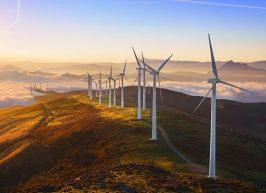Join getAbstract to access the summary!

Join getAbstract to access the summary!
Roger Pielke Jr.
The Climate Fix
What Scientists and Politicians Won't Tell You About Global Warming
Basic Books, 2010
What's inside?
A sensible approach to the climate change debate transcends exaggeration and uncertainty.
Recommendation
The debate over mitigating the effects of climate change has become extremely politicized. Policy makers manipulate scientists, and scientists oblige them, while those opposed to regulation use uncertainties in the science to justify inaction. Professor Roger Pielke Jr. cuts through the emotion, rhetoric and posturing to find a solid foundation for effective policy. He explains climate change and emissions reduction through the lens of political possibility, and offers environmental action that embraces economic growth. He explains why emission-reduction targets won’t work and why taxation policies might. His thorough treatise can be wonky, but getAbstract recommends his vision to policy makers, energy industry reformers and concerned citizens.
Summary
About the Author
University of Colorado professor Roger Pielke Jr., author of The Honest Broker, has published articles in the Washington Post and Atlantic Monthly, and appears on TV and radio. He was formerly a scientist at the National Center for Atmospheric Research.





















Comment on this summary